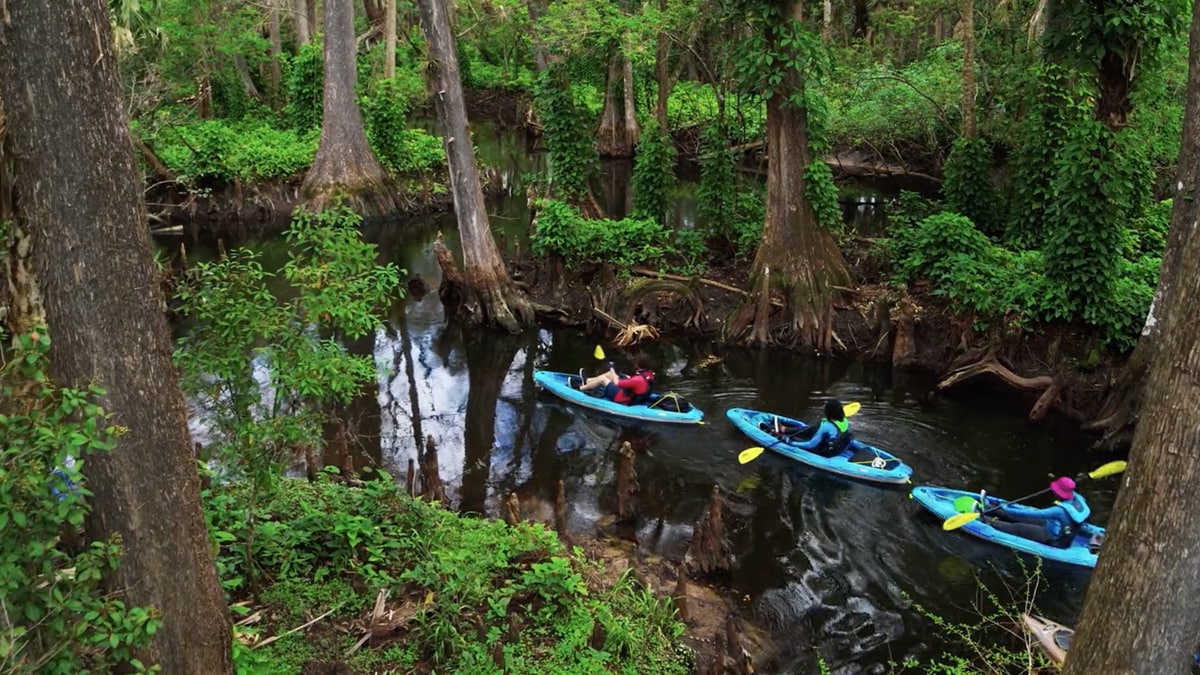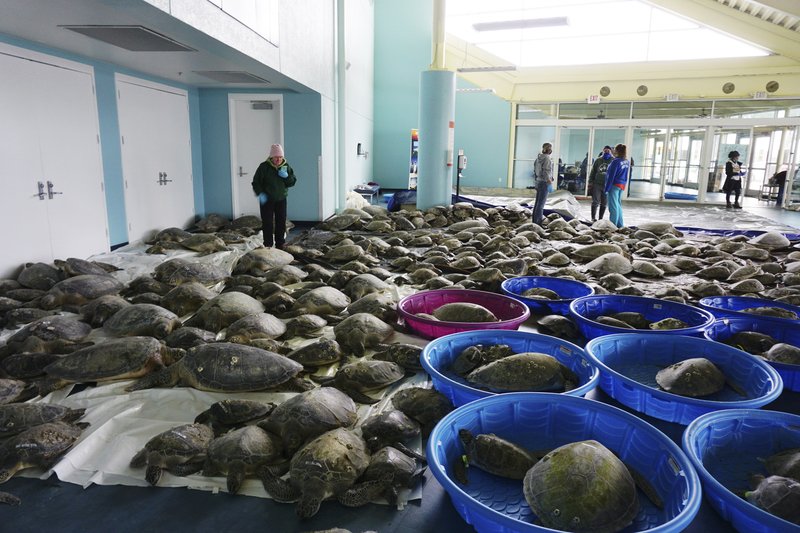Media Alert from Palm Beach County Department of Environmental Resources Management 📸: Day’s Edge Productions…
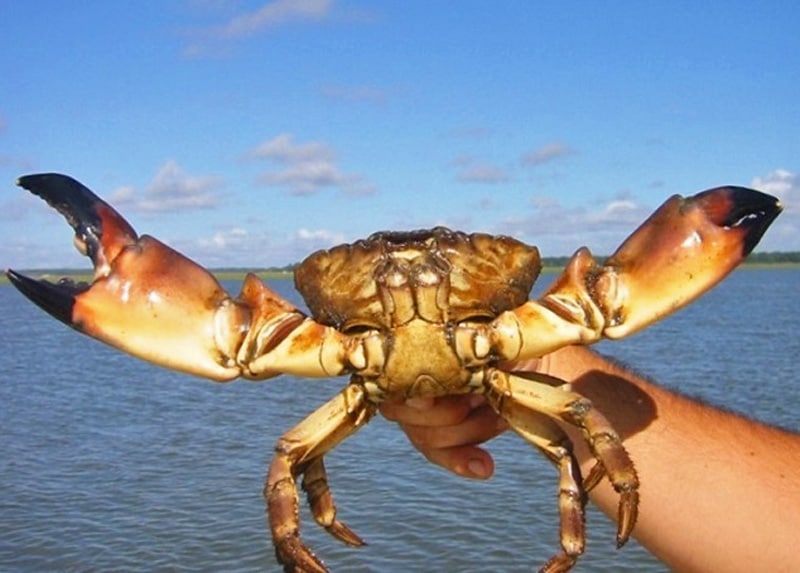
Stone crab season starts Oct. 15 with new regulations
Florida’s stone crab fishery has experienced a long-term decline in harvest and is likely undergoing overfishing so the Florida Fish & Wildlife Conservation Commission (FWC) put new regulations in place.
By: Amanda Nalley
Published on October 5, 2020
📸: Florida Fish & Wildlife Conservation Commission (FWC)
Several recreational and commercial stone crab regulation changes go into effect in the next few weeks, just in time for the Oct. 15 season start date.
Florida’s stone crab fishery has experienced a long-term decline in harvest and is likely undergoing overfishing.
A “normal” annual season produces 2.5 million to 3 million pounds of stone crab claws; but, in 2018-2019 the harvest was only 1.9 million pounds.
FWC staff worked with stakeholders on the following changes that are intended to increase the stone crab population and build resiliency in the fishery.
New regulations in effect this season:
- The minimum claw size limit will be 2 7/8 inches (an 1/8 inch increase).
- Possession of whole stone crabs on the water will be limited to two checker boxes, each up to 3 feet by 2 feet by 2 feet OR a total volume of 24 cubic feet. Checker boxes are used to hold crabs onboard a vessel before they are measured and legal-sized claws are removed.
- The season will now end on May 2.
- All plastic and wood stone crab traps will need to be outfitted with a 2 3/16-inch escape ring before the 2023/2024 season.
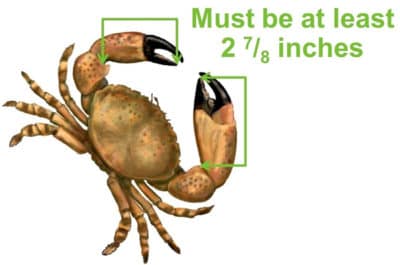
Recreational harvesters who are age 16 and older and fish with traps are required to complete an online, no-cost recreational stone crab trap registration and place their registration number on their traps before using them.
Care should be taken when removing the claws so as to not permanently injure the crab.
Claws may not be taken from egg-bearing stone crabs. Stone crabs may not be harvested with any device that can puncture, crush or injure a crab’s body. Examples of devices that can cause this kind of damage include spears and hooks.
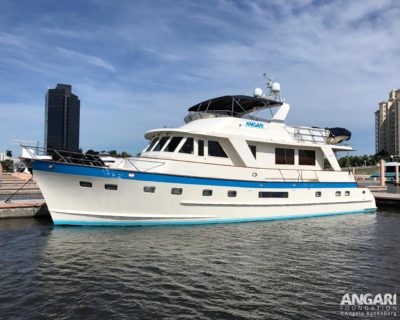
ANGARI Foundation Deep Dive featured articles share significant scientific research and marine science news of today. The Foundation operates the oceanographic research vessel R/V ANGARI for charter out of its home port in downtown West Palm Beach in Palm Beach County, Florida with the goal of advancing our understanding of the ocean environment and educating our community.

